by Lindsy Lopez
Summer is prime season for camping, and camping is a wonderful way to get away, spend time with family and friends and enjoy nature. To top it all off, camping can be an inexpensive alternative for vacations. Camping does not come without its hazards, though, and it’s important to consider the following tips to ensure a safe trip.
A successful camping trip starts before you leave with adequate planning ahead of time. The first choice you need to make is to choose your camping site. There are many options—you can stay in a tent or cabin or rent an RV. When making this choice, it’s essential to consider the age, physical limitations and medical needs of those in your group. It’s also important to research the risks for the area you are traveling to—e.g., what wild animals the site has, wildfires a concern, etc.
Once you’ve selected your site, your next step is to gather all the gear you will need. Again, this may depend on the type of site you choose. Besides your essentials such as shelter (e.g., tent), clothing, bedding and food, plan to bring the following safety items: navigational supplies (maps, compass, GPS, etc.), sunblock, insect repellant, illumination (flashlights, lanterns, etc.), first aid kit, firestarter, extra food and water, repair kits and tools and communication devices. As your trip approaches, check the weather forecast for the area before you go to ensure you are prepared. However, weather can change rapidly, and projections are not always accurate; bringing inclement weather gear regardless of the forecast is a good idea.
Finally, before you go, leave your travel itinerary with an emergency contact, including details of where you’re going, who is going, what you’re driving and when you expect to return. That way, if you don’t return when expected, someone will have the details they need to help you.
During your camping trip, there are several potential pitfalls to watch out for. One of the best things you can do when you arrive at your destination is to talk to park staff to learn more about the area and what safety concerns exist.
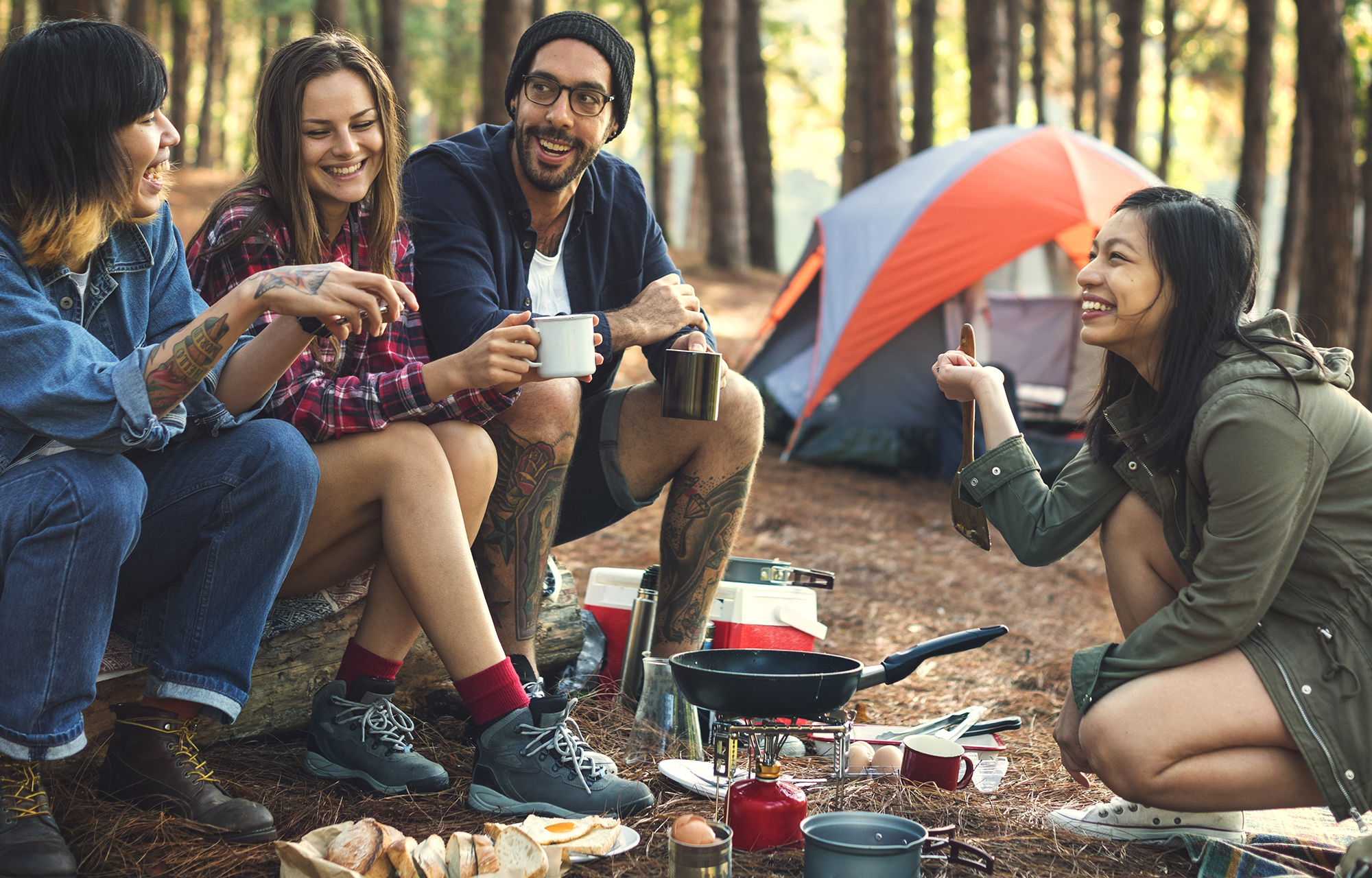
One of the biggest areas of concern with camping is food safety. Without proper precautions, your group could suffer from a food-borne illness, which will ruin any camping trip. Try to bring as many non-refrigerated foods as possible. Any refrigerated foods that you do bring, store in an insulated cooler. Keep all foods in waterproof bags and containers, separate raw and cooked food, and wash hands often.
NEVER store food in your tent, as it attracts wild animals. Always store food out of reach of animals. During the day, keep your food secured in your cooler or car. At night, store inside a metal bear box if available, in your car or hung in a tree. Bears and raccoons can easily open coolers at night.
Since camping is an outdoor activity, it is often critical to stay hydrated in the heat. Drink water throughout the day, whether you feel thirsty or not. If you do not have access to drinking water at your site, bring as much water as possible to avoid parasites found in river and lake water. If you can’t bring enough for your whole trip, boil water before drinking or bring water purification tablets. Use purified water to wash dishes and foods as well.
Take steps to protect your skin from the outdoors—namely from the sun, insects and poisonous plants. To protect from the sun, wear sunscreen, even on cloudy days, and stay in the shade during the intense midday hours. For insects, use a bug repellant with DEET, and check for ticks daily, especially after hiking. And for plants, do not touch unknown plants, and if you come in contact with poison ivy, oak or sumac, wash the area immediately and use calamine lotion. Wear long sleeves, pants and hats as much as possible to protect from all three—sun, bugs and plants.
Finally, no camping trip is complete without a campfire, and fire safety is of utmost importance. Build your fire at least fifteen feet from your tent, shrubs and trees. Use a fire pit with a metal ring or a ring of rocks. Never leave your fire unattended, and keep a bucket of water and shovel nearby in case it gets out of hand. Lastly, extinguish the fire entirely before you leave—don’t leave any embers glowing.
Above all, stay alert, pay attention to your body and environment and enjoy your trip! Much of the above is common sense and reminders of things you already know. But if you prepare and think ahead, you will have a great experience on your next camping adventure.


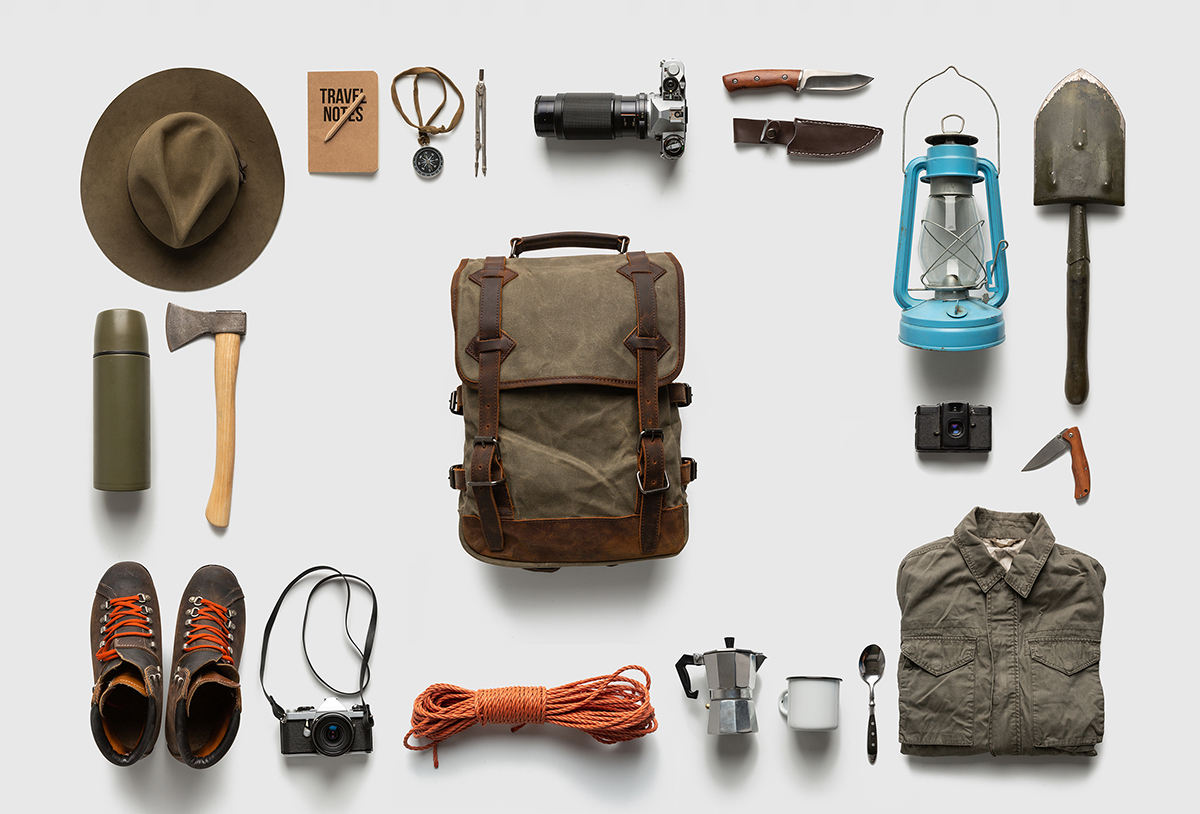
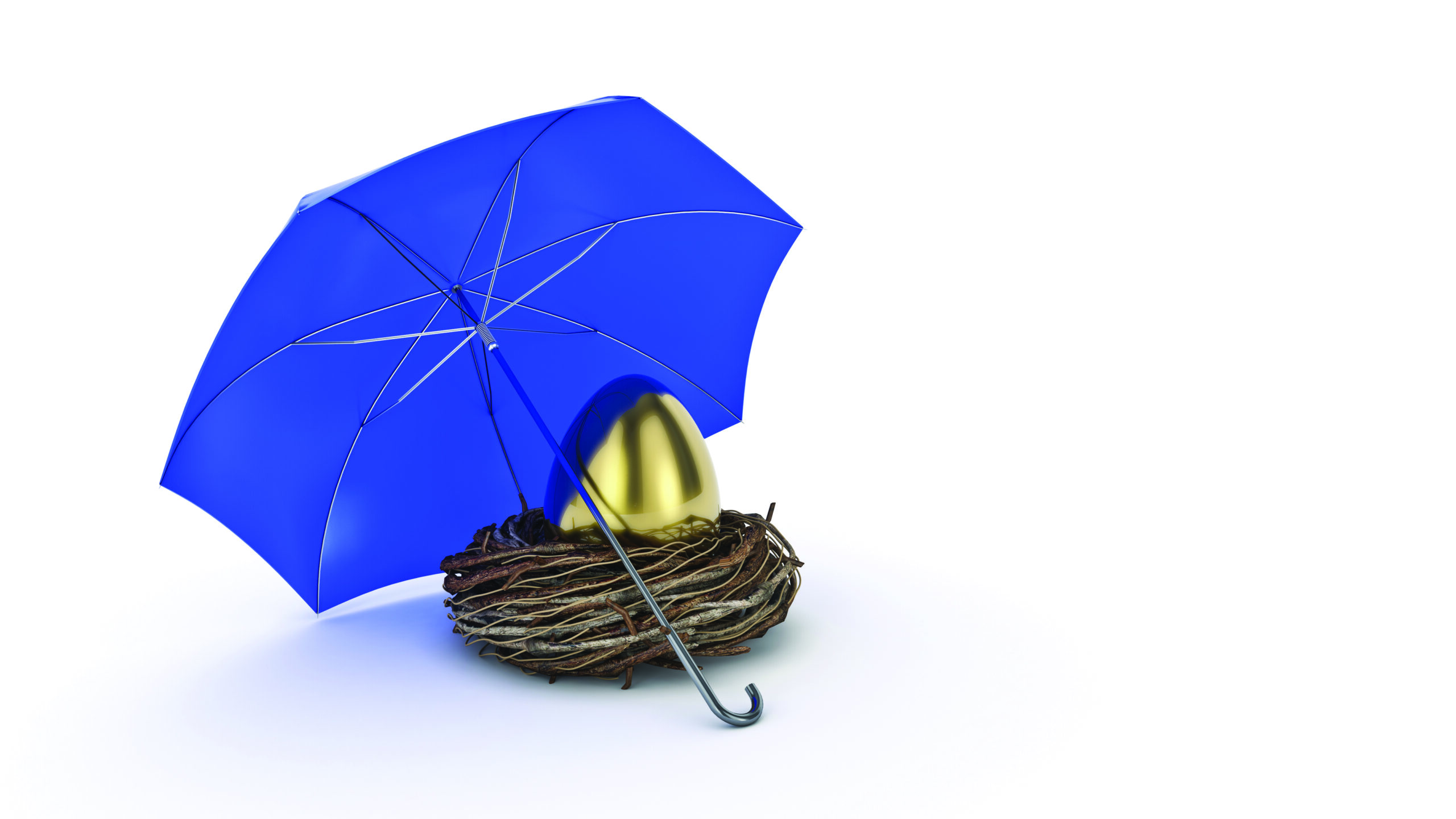
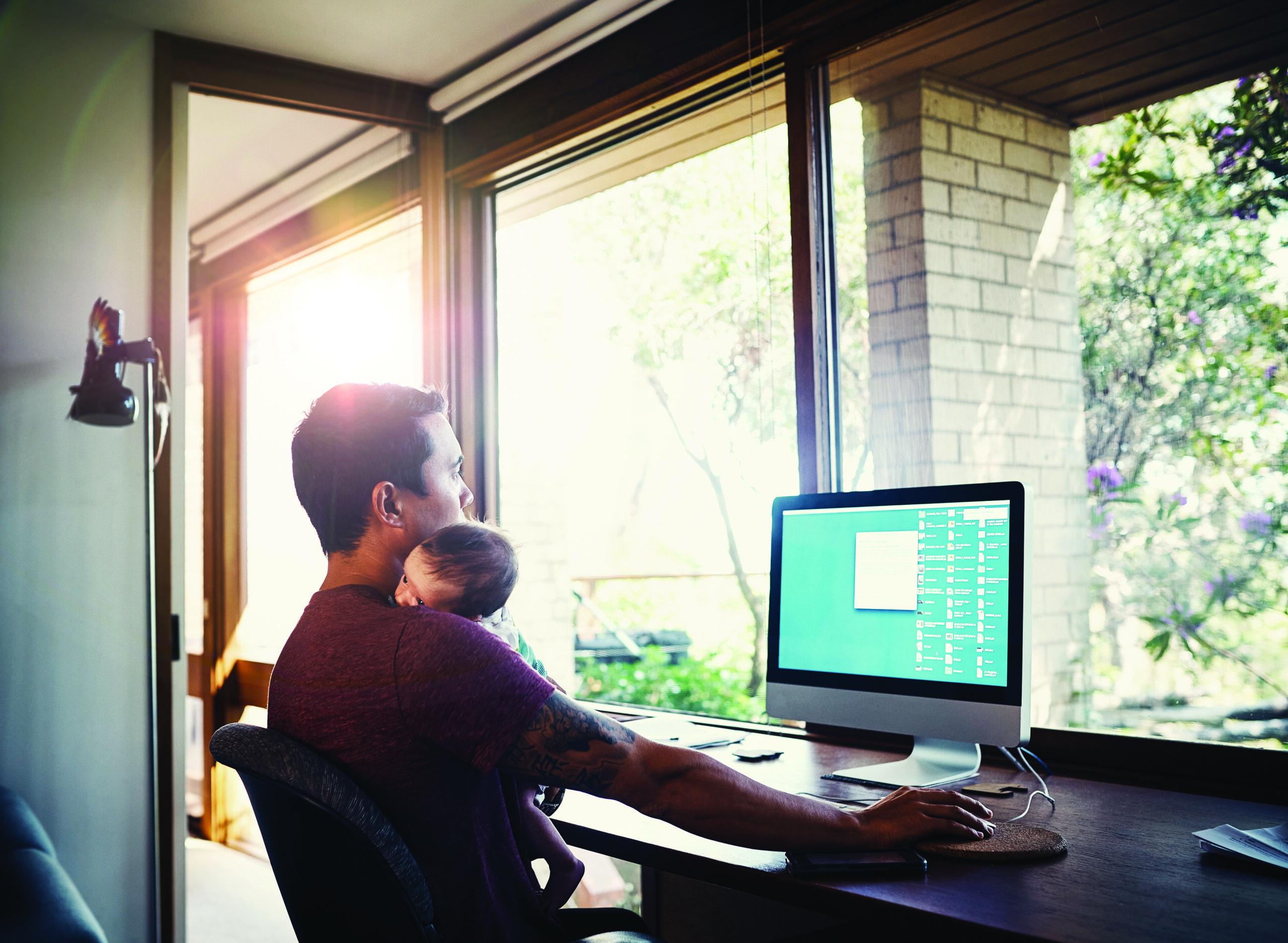


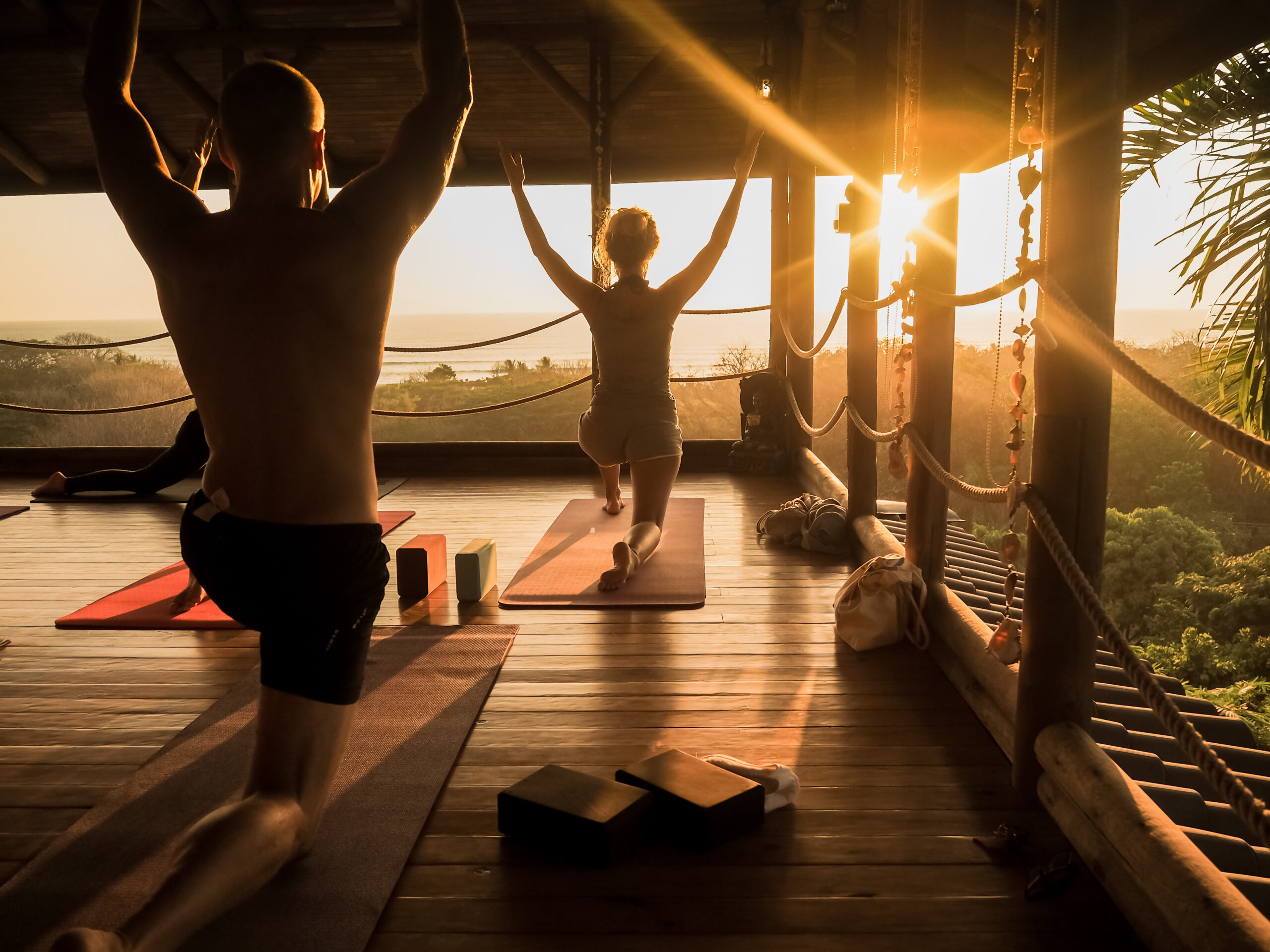
Leave A Comment